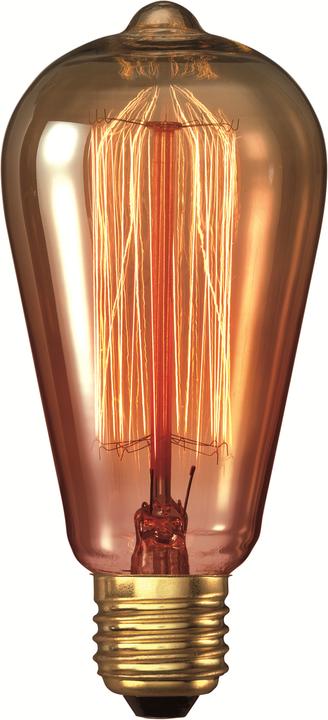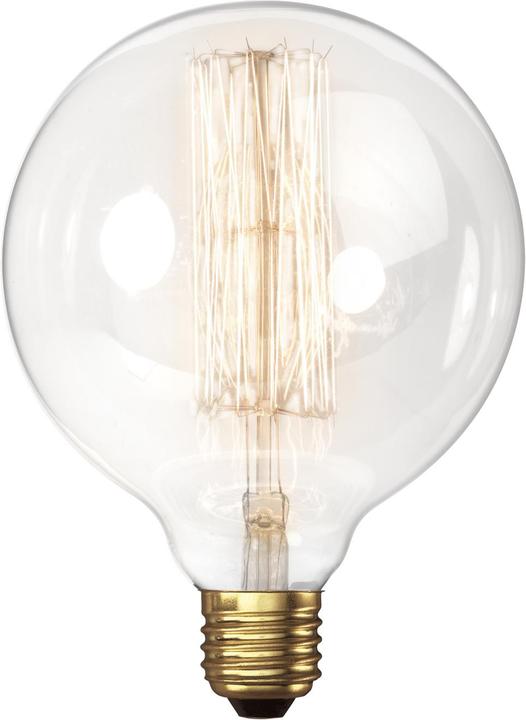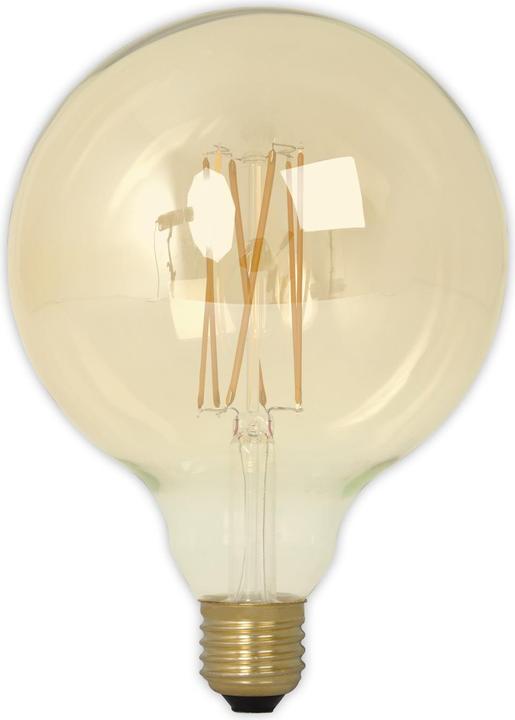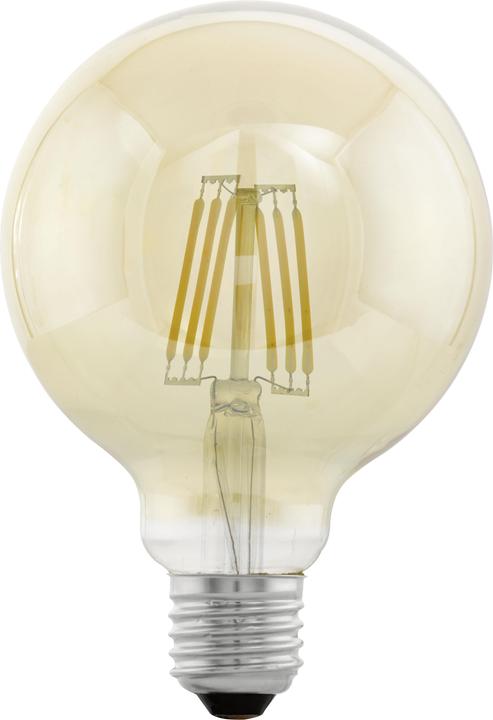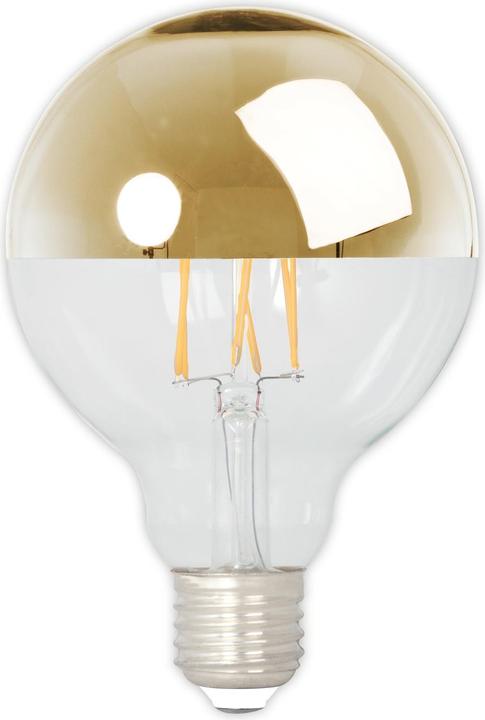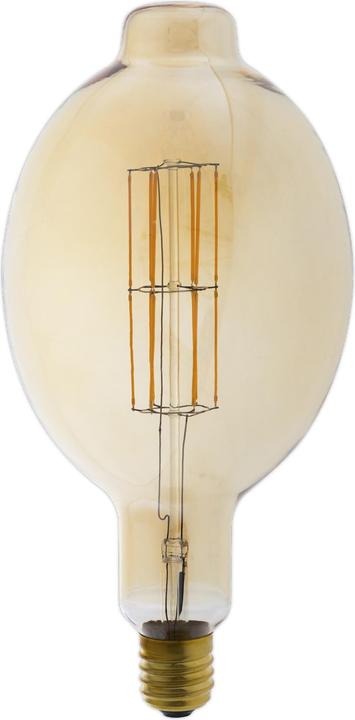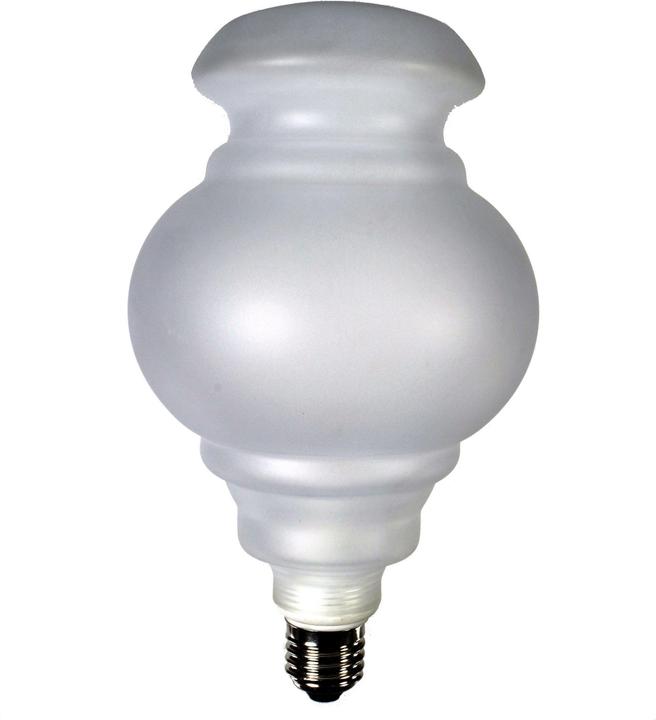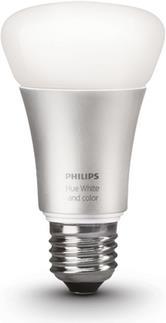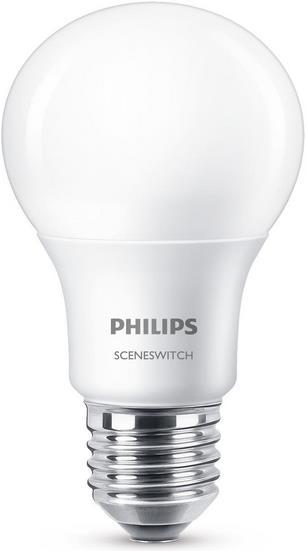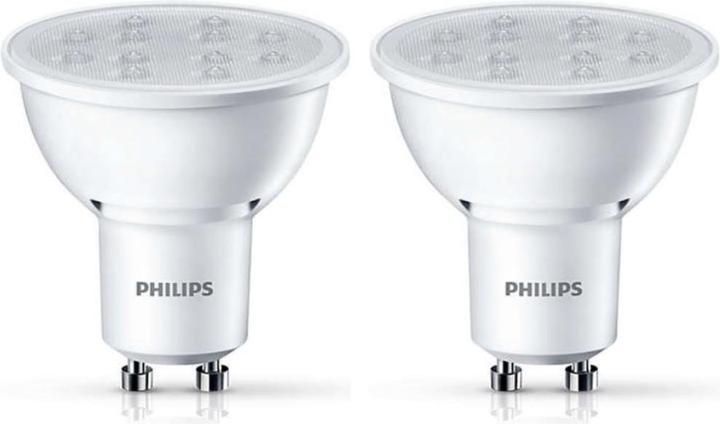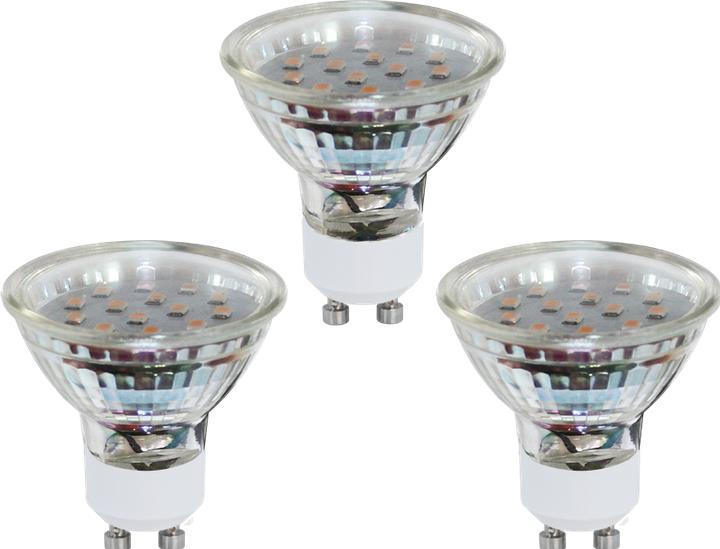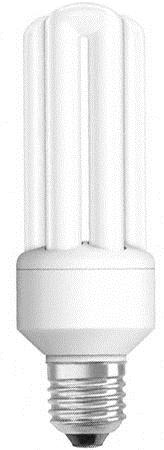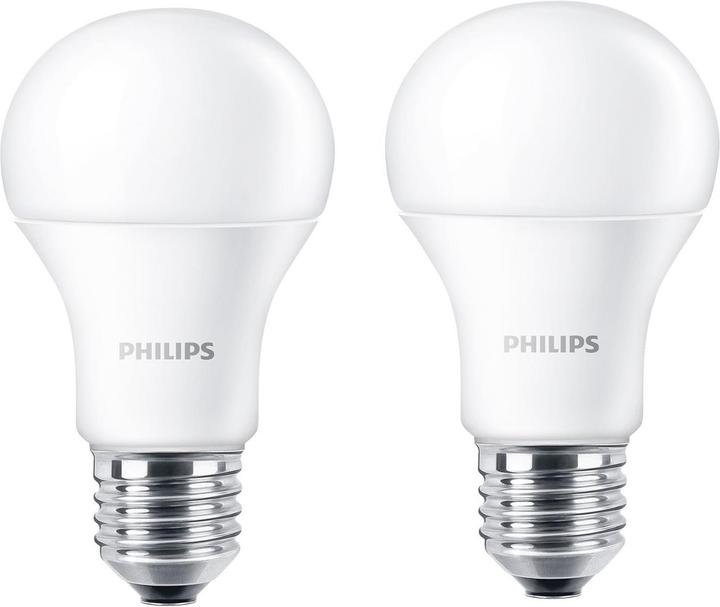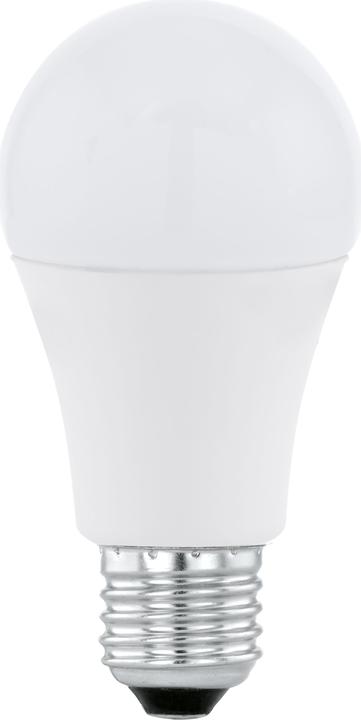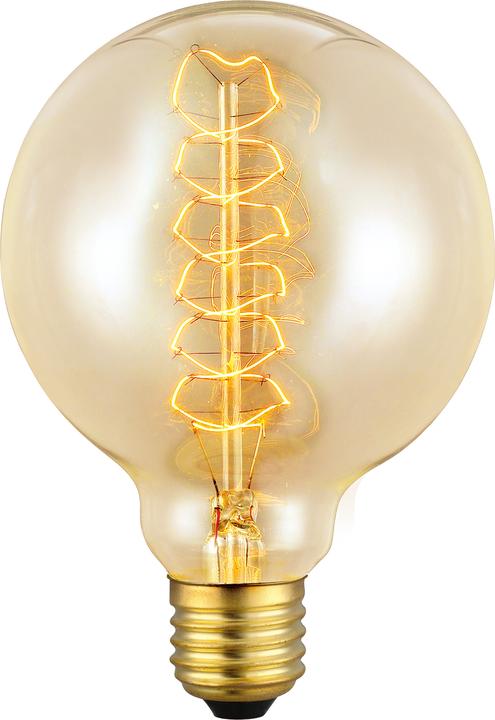
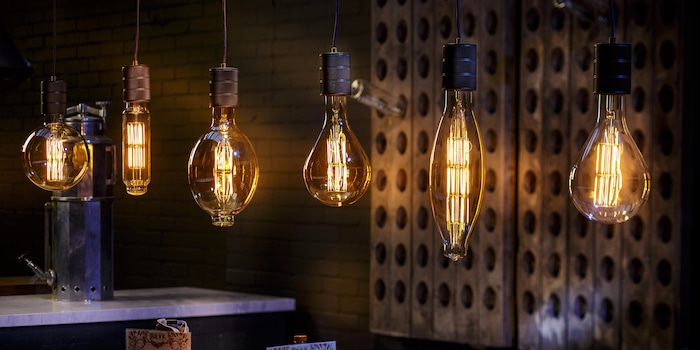
Guide to light bulbs: become a light!
Never know which light bulb to choose? When we buy a television set, we like to ask our friends for their opinion on the resolution and the number of Hertz. It's not quite the same with light bulbs: we rarely ask for advice and just pick the first one we find. A serious mistake! With our guide to light bulbs, you can optimise the way you work and the ambient lighting in your home, and save money in the long term too.
Decorative lighting: for artistic accents
Decorative lighting doesn't have to light up the whole room, rather it should be used to set individual accents. Give your creativity free rein and make use of all the possibilities. For example, you can create a real masterpiece with special brackets and glass. In combination with wood, deco bulbs create a pleasantly soft and warm atmosphere.
Classical filament - better known as a classic bulb; will be used less and less in the future.
LED filament - the successor to the traditional light bulb; also diffuses the classic warm light and also saves power.
Special - if you want to give your lamp a very special touch, these models will undoubtedly meet your expectations.
Intelligent lighting: adapt the light to your mood
To get ready for the next party you throw at home or surprise your loved one with a romantic ambience, I recommend the Hue system from Philips. Light intensity and colour can be comfortably controlled from your smartphone to create exactly the mood you want.
With the new Scene Switch bulbs, you can quickly switch from functional lighting to natural or cosier lighting. Light intensity can be switched from 100%, to 40% or 10% - without any dimmer or additional installation.
See all Hue lighting
View all SceneSwitch light bulbs
Light accents: spotlight on the important things
To produce precise, controlled luminous fluxes, I recommend opting for spot lighting. This way you can create dramatic effects or highlight works of art. Halogen bulbs have a built-in protection mechanism, as they are likely to heat up much more than other bulbs. For indoors and outdoors
View all bulbs to place accents
Need for brightness: light for working and reading
Lighting has a big influence on the way we work. When reading or working, a certain amount of light is needed to avoid tiring the eyes. Staying focused and reducing coffee consumption: it's possible with the right lighting. Indirect lighting is glare-free and creates a pleasant working atmosphere. [[product:5339181,5704293,5339184]]
View all work lamps
Basic lighting: for anyone who just wants simple light
To light the bathroom or hallway, I'd recommend low-energy lamps. They're a bit more expensive to buy, but they pay for themselves after a year or so.
Types
halogen bulbs
Halogen bulbs are characterised by very bright light and very good colour rendition. They are ideal for replacing conventional bulbs.
- Luminous intensity: 100 to 8000 lumens
- Colour temperature: warm white (3000K)
- Average life: 1000 to 4000 hours
- Energy efficiency class: B to D
LED light bulbs
The latest LED technology allows you to dim the bulb from your conventional light switch. These new bulbs are currently still a little more expensive than traditional bulbs.
- Luminous intensity: 80 to 1500 lumens
- Colour temperature: warm white to cool white (2600 to 8500K)
- Average life: up to 25,000 hours
- Energy efficiency class: A++ to A
Low-energy light bulbs
Low-energy light bulbs give you high light output and save up to 80% energy compared with conventional decorative bulbs.
- Luminous intensity: 400 to 4800 lumens
- Colour temperature: warm white to cool white (2600 to 8500K)
- Average life: 8000 to 15000 hours
- Energy efficiency class: A to B
Incandescent light bulbs
They are no longer found in shops. They are being replaced by decorative bulbs for the time being, but these too will soon be disappearing from the shelves.
- Luminous intensity: 80 to 2200 lumens
- Colour temperature: warm white (2700K)
- Average life: up to 1000 hours
- Energy efficiency class: E
As a photographer, human being and dad, I tell stories as close to life as possible. With all its corners, emotions and uniqueness.
Interesting facts about products, behind-the-scenes looks at manufacturers and deep-dives on interesting people.
Show all